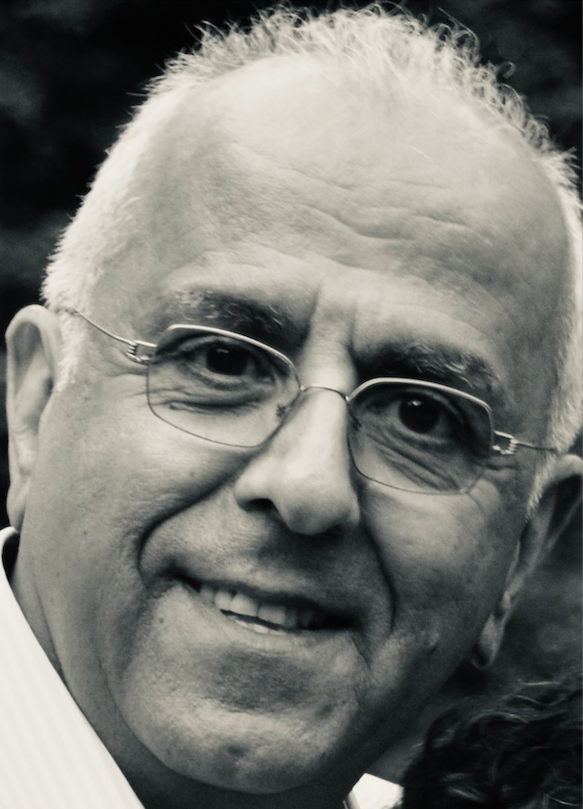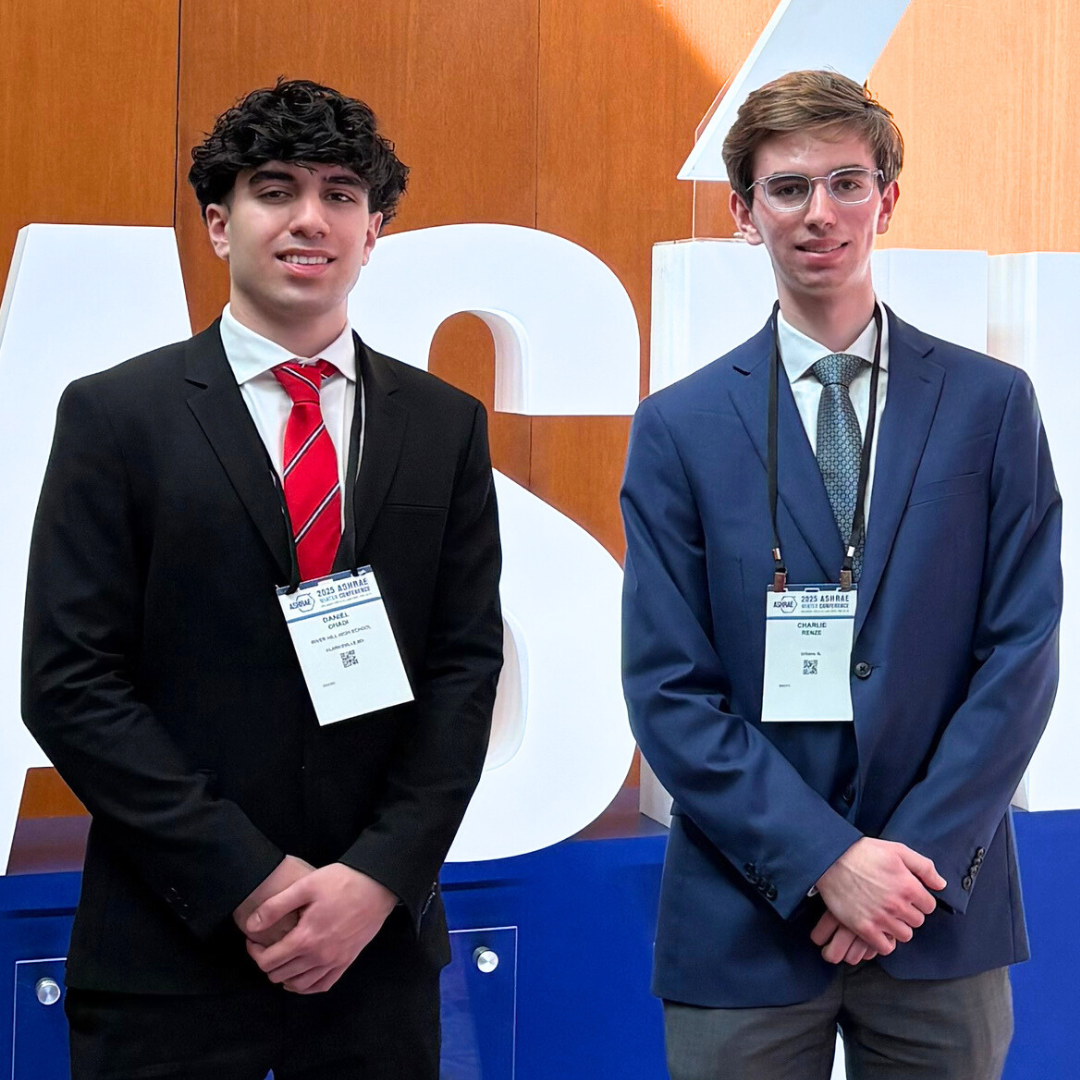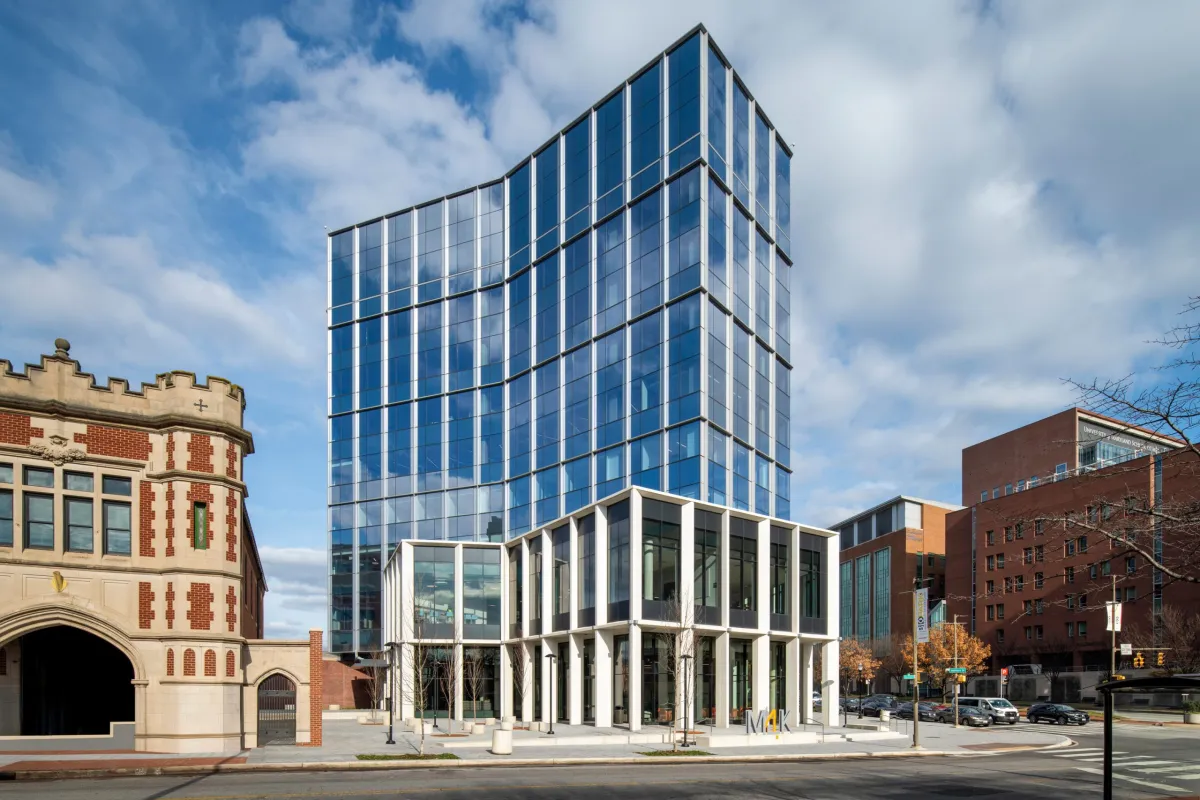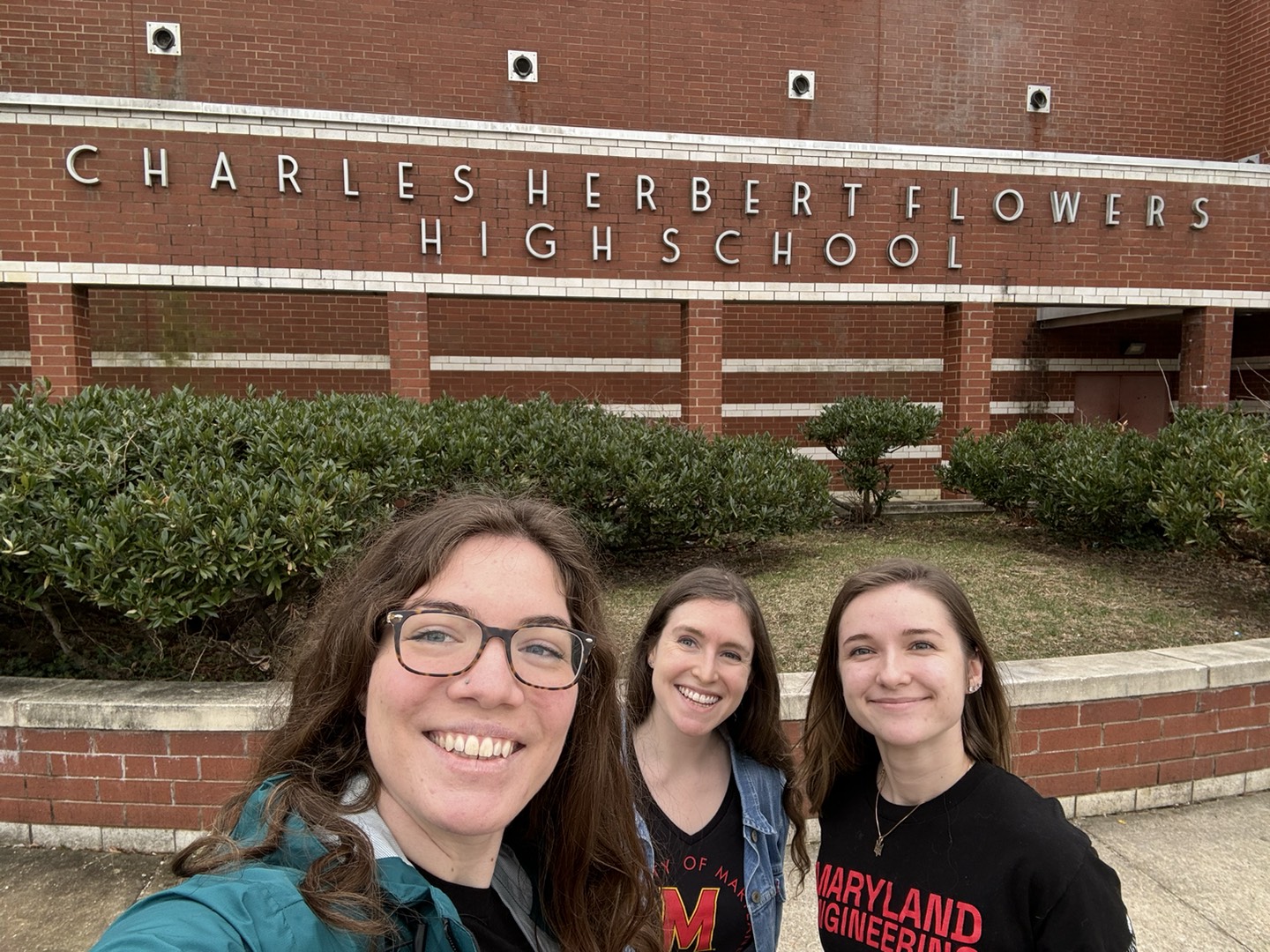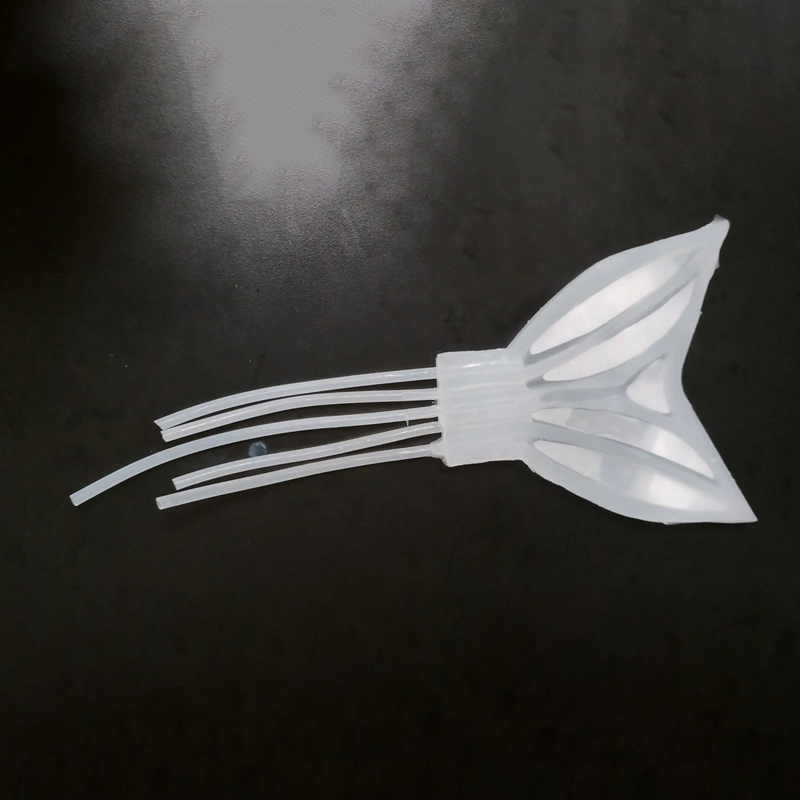News Story
University Partners with National Cancer Institute
How do cancer cells migrate from one organ to another? Why do certain cells become malignant? And how can drug treatments identify new cancer growths? In the battle against cancer, tough questions like these demand science that extends beyond traditional cell biology.
University of Maryland and A. James Clark School of Engineering researchers with sought-after expertise in computational biology, bioengineering, physics and math—including Fischell Department of Bioengineering Professor and Chair William Bentley—hope to provide answers through a new partnership with the National Cancer Institute (NCI), part of the National Institutes of Health.
An agreement signed at the university on May 19 established the Collaborative Research and Graduate Partnership Program in Cancer Technology between the University of Maryland and the NCI's Center for Cancer Research. The program, only the second of its kind affiliated with the NCI, will send Maryland graduate students to the NCI laboratories in Bethesda, Md., for training and will provide for professional and academic exchanges between university faculty and NCI researchers.
"The opportunity for University of Maryland faculty and graduate students to work with the world's top cell biologists and cancer scientists at the National Cancer Institute is tremendous," says University President C. D. Mote, Jr. "Such expertise undoubtedly will lead to new diagnostic tools and treatments. The university is thrilled by this collaboration and its far-reaching implications for future research."
Collaborative efforts between Maryland faculty and NCI researchers will include genomics and gene sequencing, pinpointing genetic markers that might predict why certain cells become malignant, quantitative analysis, and the development of advanced models that can be used to study both healthy and cancerous cells.
Bentley is lending his expertise in bioengineering and nanotechnology, using the university's sophisticated nanofabrication laboratories to expand knowledge in areas like targeted drug delivery and micro-photonics that can be used in cell imaging.
"My group is developing a simultaneous eradication and detection system," he says of his role in the project. "We're developing a targeted means of drug delivery that brings drugs to kill cancer cells and delivers contrasting agents that can help identify any new growths."
Bentley welcomes the opportunity not only to interact with a world-class research facility like the NCI, but also to have an impact on the treatment and cure of a devastating disease.
"Our bread and butter is research," he says, "but if you can get to a point where you can translate that research into a new treatment, then that's the best possible outcome."
Story courtesy of and adapted from the press release by Tom Ventsias.
Related Story:
Great Expectations: "Endowed Chairs Partner with National Cancer Institute" »
Published May 25, 2010
